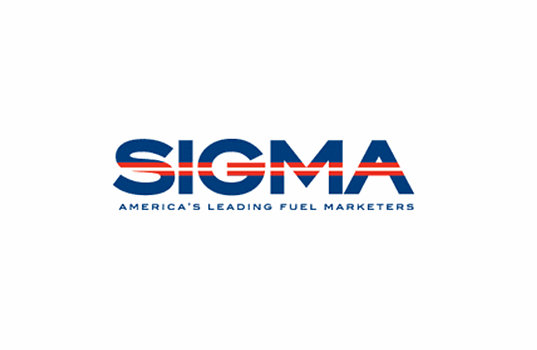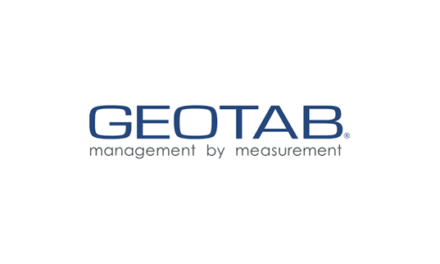SIGMA applauded the introduction today of the bipartisan Common Sense Nutrition Disclosure Act (S. 2217) in the Senate. SIGMA believes the legislation will provide the much needed flexibility to accommodate the business practices of fuel marketers nationwide.
The legislation is aimed to address the burdensome regulations developed by the Food and Drug Administration (FDA), which require chain restaurants and “similar retail food establishments” with 20 or more locations to provide specific nutritional information, including calorie-counts on menus, menu boards and drive-thru boards. Those regulations, which were originally released in 2011 and finalized in late 2014, stem from a provision in the Patient Protection and Affordable Care Act (PPACA) that calls for a national, uniform nutrition-disclosure standard for food service establishments. Problematically, FDA’s regulations implementing the law would create a one-standard-fits-all model that does not take into consideration the unique nature of convenience and retail fuel establishments. The rules, for example, would require multiple menus throughout a store and would punish errors in calorie count, including errors made in good faith, with criminal penalties. Furthermore, while the rule includes an exemption for operations with fewer than 20 locations, the exemption does not apply to franchisees or marketers who operate an independent business.
The legislation introduced today by U.S. Senators Roy Blunt (R-MO) and Sen. Angus King (I-ME) would allow the convenience and retail fuel industry to provide nutritional information to their customers in a manner that suits the nature of the business. For example, the legislation would allow retailers to place all nutritional information on a menu board in one location, versus in various locations around the store. Retailers would be able to choose one of several methods to provide helpful calorie information, which is especially important for made-to-order items. In addition, the legislation would remove the felony penalty for a retailer who mistakenly provided inaccurate information to a customer. Most importantly, the legislation maintains the FDA’s objective to provide customers with information they can use to make smart food choices, but it will protect small businesses from unnecessary costs and risks. “This legislation is critical in that it provides fuel retailers with flexibility to give consumers the health information they want while making regulatory requirements manageable,” said Ryan McNutt, CEO of SIGMA.
SIGMA, along with a coalition of similar business entities and trade associations, has been actively engaged with the FDA during the regulatory process, informing the agency of the industry’s unique perspective on federal nutrition disclosure obligations.









